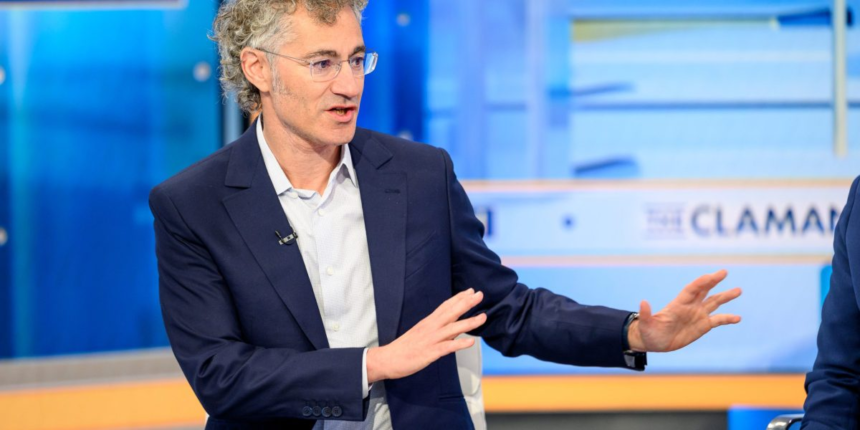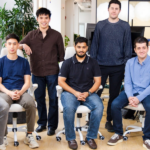In this shaky labor market, Karp says he believes Ivy League degree-holders won’t always be the ones achieving greatness. Instead, it’ll be those who have specific domain knowledge—those who ask questions like, “How do I impute the problem in this complicated device that’s going wrong, that otherwise would be fixed by a Japanese engineer, while being a high school grad?”
“Those people are going to make a lot more money, specifically because you can turn it any way you want,” Karp explained. “Within a relatively rapid amount of time, you will get paid downstream of the value you create.”
The leader of Palantir—a tech company that’s faced controversy over providing software for ICE and running data analytics for the U.S. Army—has long slammed higher education for not preparing students for the real world.
During their stint, the pupils learned about U.S. history and foundations of the West, working alongside Palantir’s full-time employees in solving technical problems and improving products. The fellows will wrap the program this month after choosing to forgo their undergraduate degrees—and those who “excelled” will be given the chance to interview for a full-time job at the business.







